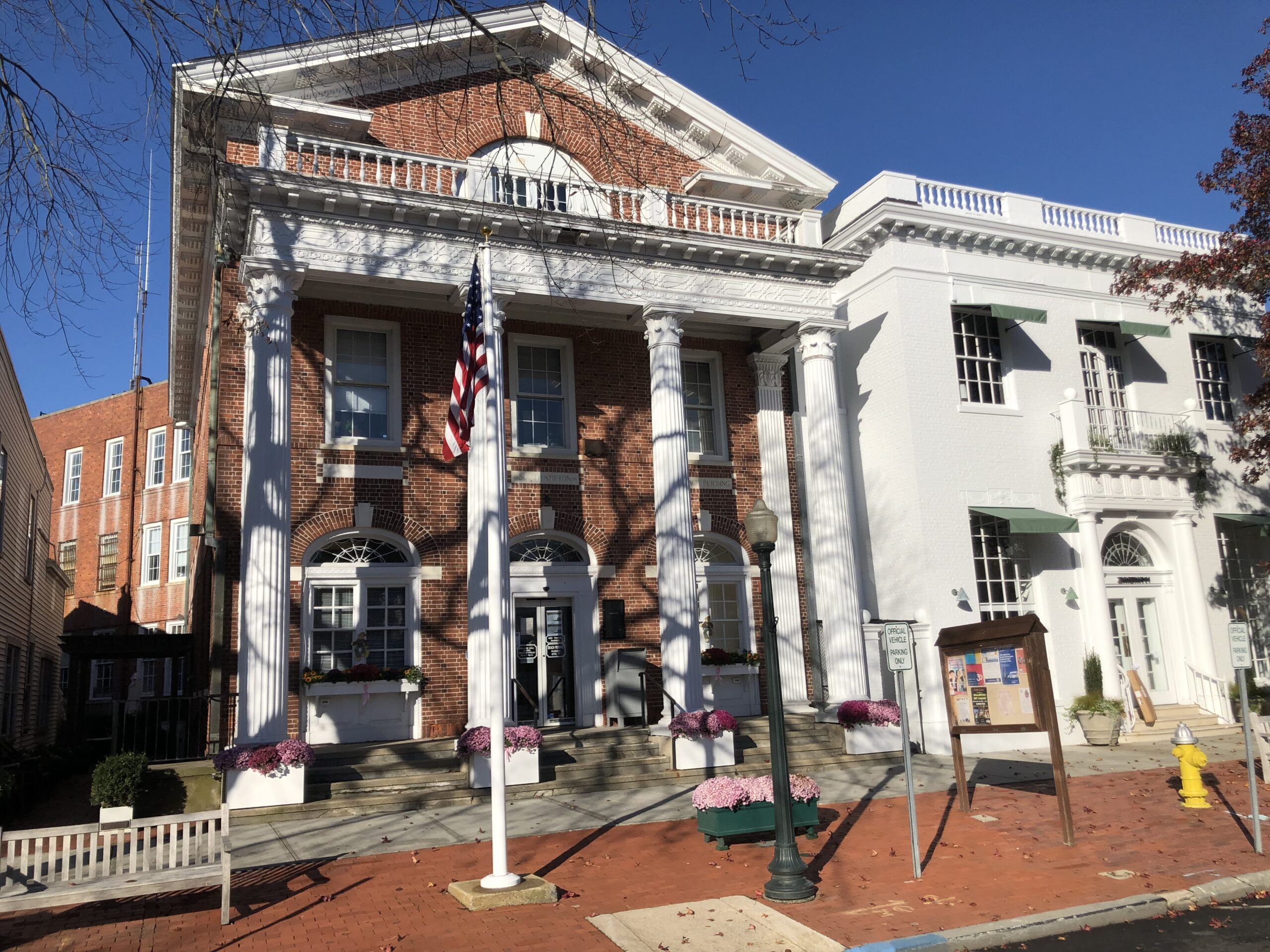
A State Supreme Court Justice in Nassau County has struck down a $2.8 million parkland fee that the Village of Southampton had charged Beechwood Latch LLC, the developer of The Latch Southampton Village condominiums, and voided the village law that the village had relied on to impose the fee.
In a July 28 decision, Associate Justice Felice J. Muraca found that the fee is unconstitutional and that the village code section is ultra vires — meaning it was beyond the village’s legal authority.
In October 2022, Muraca dismissed Beechwood LLC’s original court petition against the village, but Beechwood soon filed a motion to reargue its case. In its motion, Beechwood argued that the court has erroneously dismissed its claims as time barred since they were brought after the statute of limitations had expired.
In his recent decision, Muraca noted that when he originally dismissed the case, the court “never addresses, nor opined on the merits of the causes of action.” This time, he agreed with Beechwood that a 30-day statute of limitations does not apply to Beechwood challenging the village law, and that Beechwood was within the six-year statute of limitations that actually applies.
And on this go-round, Muraca did address the merits of Beechwood’s case.
Muraca found that the pertinent village code is ultra vires because New York State village law only allows the village to require a park fee on a discretionary basis and does not allow a village to impose a mandatory park fee.
The Southampton Village Zoning Board of Appeals had stated in a July 2018 decision that the fee is designed to “mitigate increased demand on the park and recreational facilities of the Village created by these new residential units.”
The Planning Board determined the size of the fee, which needed to be paid prior to the building permit being issued.
“Mandating a park fee is a derogation of the enabling statute, which only authorizes municipalities to require park fees on a discretionary basis,” Muraca wrote, adding that it is clear the Planning Board made no individualized consideration prior to imposing the fee and made no specific findings “as to the recreational needs created by the Petitioner’s improvement.”
The park fee was $150,669.64 per unit, which was 1,500 percent more than was imposed in another development in the village, Bishop Pond, the justice pointed out.
He wrote that the village did not submit a study, methodology or procedural process by which it determined that a park fee was justified.